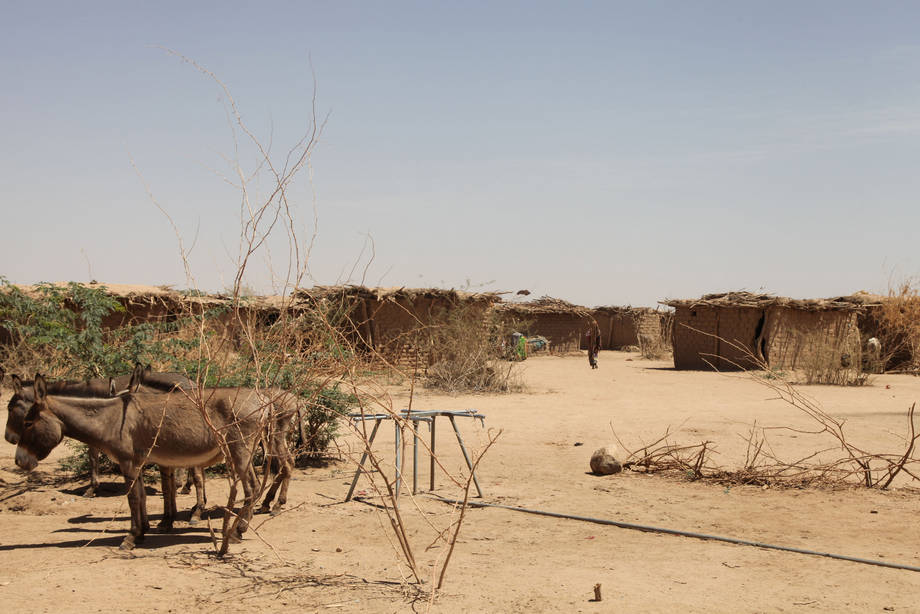
New drought across swathes of southern Ethiopia may jeopardize the East African nation’s restoration of food security after the worst agricultural seasons in decades unless urgent efforts are made to shore up vulnerable households in rural areas, FAO warned today.
While an impressive government-led humanitarian effort has sharply reduced the number of hungry during the worst drought in 50 years, the legacy of last year’s El Niño along with low rainfall during a critical season pose renewed risks now, especially for pastoral communities facing forage shortfalls and water scarcity in southern regions.
Safeguarding recent gains requires responding to the livelihood-sustaining needs of fragile households that lost or sold livestock and other assets, often adding to family debt burdens to cope with the worst El Niño in modern history.
Effective and timely action has reduced the number of people who will need food aid in 2017 to 5.6 million, down from almost twice as much last August, according to the newly released Humanitarian Requirements Document (HRD). However, food security in 120 woredas (districts) has worsened since July, while 86 woredas are entering their third year (since December 2015) of top-priority emergency status.
The just-approved HRD, jointly developed by the Government of Ethiopia along with UN agencies, non-governmental organizations and other development partners, covers a range of subjects including education, access to water and nutrition. It advises that the bulk of the agriculture sector needs are related to assistance to pastoralists and agropastoralists livestock assistance – a total of $42 million is required by the sector to reach 1.9 million households, mainly in drought-affected southern and southeastern pastoral regions, this year.
Drought strikes again
While northern and western Ethiopia bore the brunt of El Niño, a new drought is emerging in southern and southeastern pastoral areas including Oromia, Somali and Southern Nations, Nationalities and Peoples’ Region (SNNP) after poor, delayed and erratic rains curbed pasture and water availability. Some 80 percent of Ethiopians depend on agriculture and livestock for their livelihoods and an even higher share of the country’s arable land relies on seasonal rainfall.
Below-average precipitation has also affected neighboring Somalia and Kenya. The impact is expected to be most dire in early 2017 among livestock, with unusually early migrations, excess mortality rates and extreme emaciation.
FAO calls for an immediate response to support the food security and nutrition of households reliant on animals. Along with the provision of supplementary animal feed, especially along migratory routes, targeted destocking interventions will be implemented to make protein-rich meat available for vulnerable pastoral communities and support livestock prices in local markets.
Poorly-fed animals reproduce less frequently, lengthening the prospective time required to rebuild herds. For Ethiopian households, restocking after the loss of half of one’s cattle typically takes four years without adverse conditions.
Addressing fragility
Even though FAO’s support will focus on communities depending on livestock, some areas along the Rift Valley, however, especially in the northern and eastern highlands, are facing below-average crop production and therefore receive prioritized agricultural support as recovery will take longer than anticipated.
South Sudan refugees and their hosting communities in Gambella Region, are facing significant food availability and access challenges, and enabling households to produce more of their own food is essential.
After having reached 1.3 million farmers and herders affected by the El Niño-induced drought in 2016, FAO is appealing for $20 million to reach one million farming, agropastoral and pastoral households in 2017, with the aim of protecting gains made last year and preventing vulnerable households from slipping further into food insecurity.
FAO’s programme seeks in particular to support crop production, implement emergency response and resilience activities in the livestock sector, support livelihoods in refugee-hosting areas and strengthen coordination, information and analysis.










